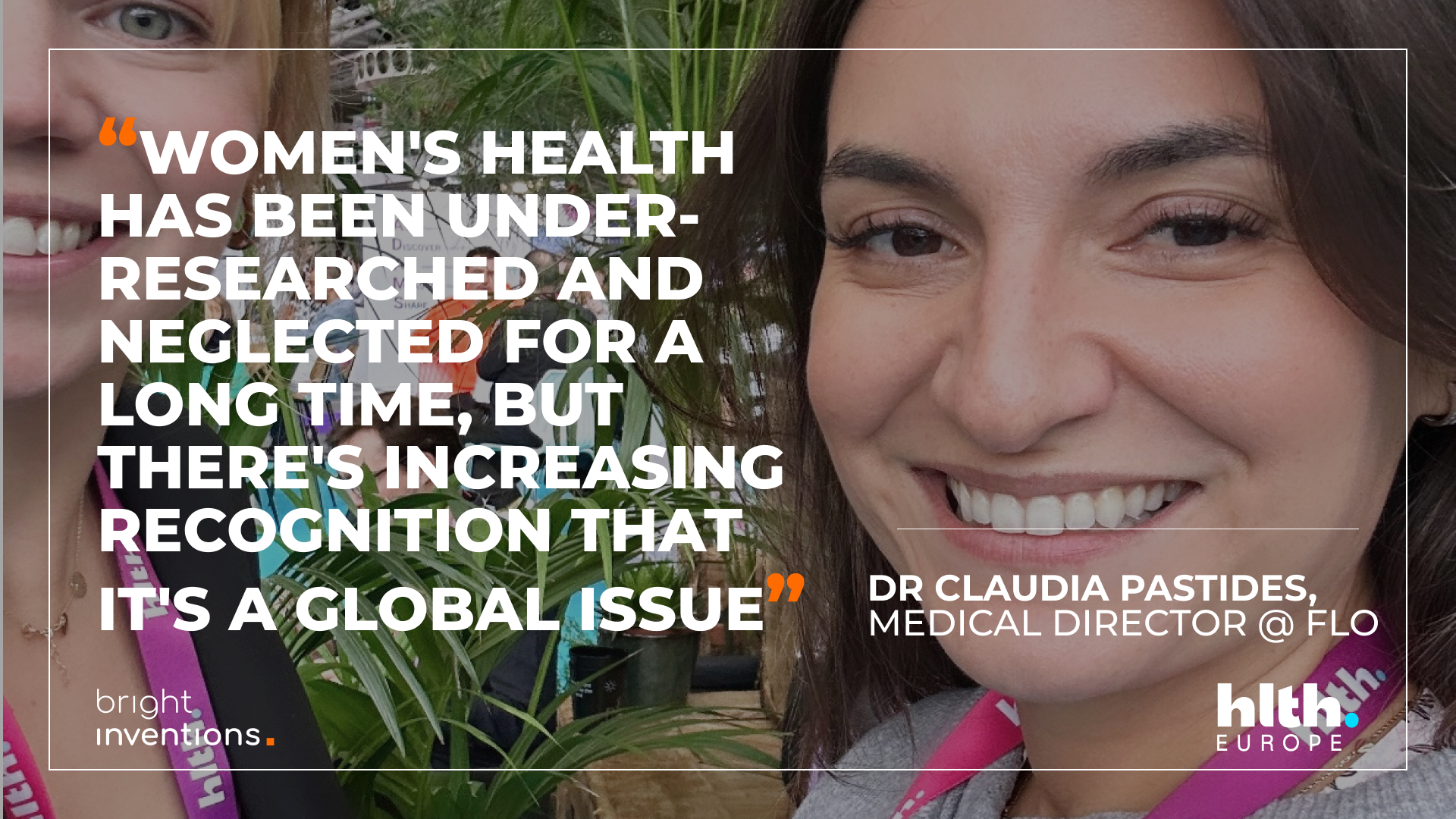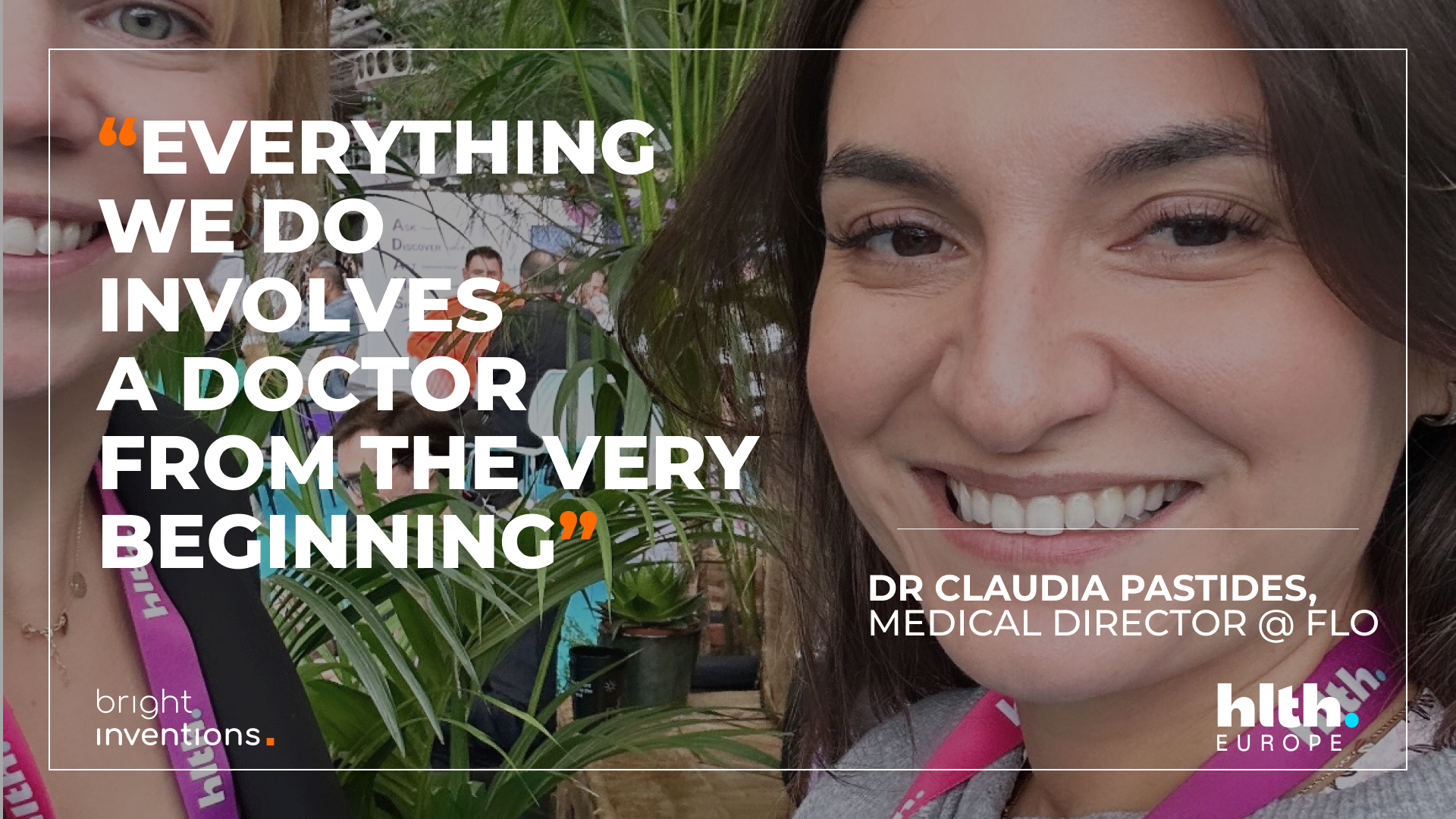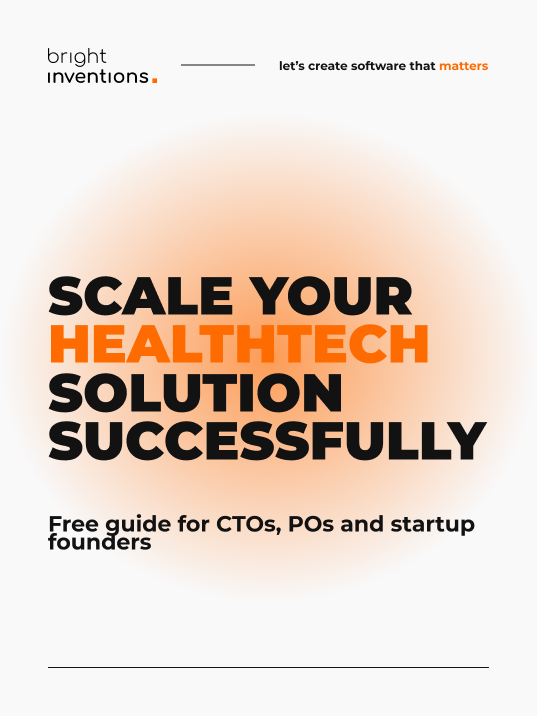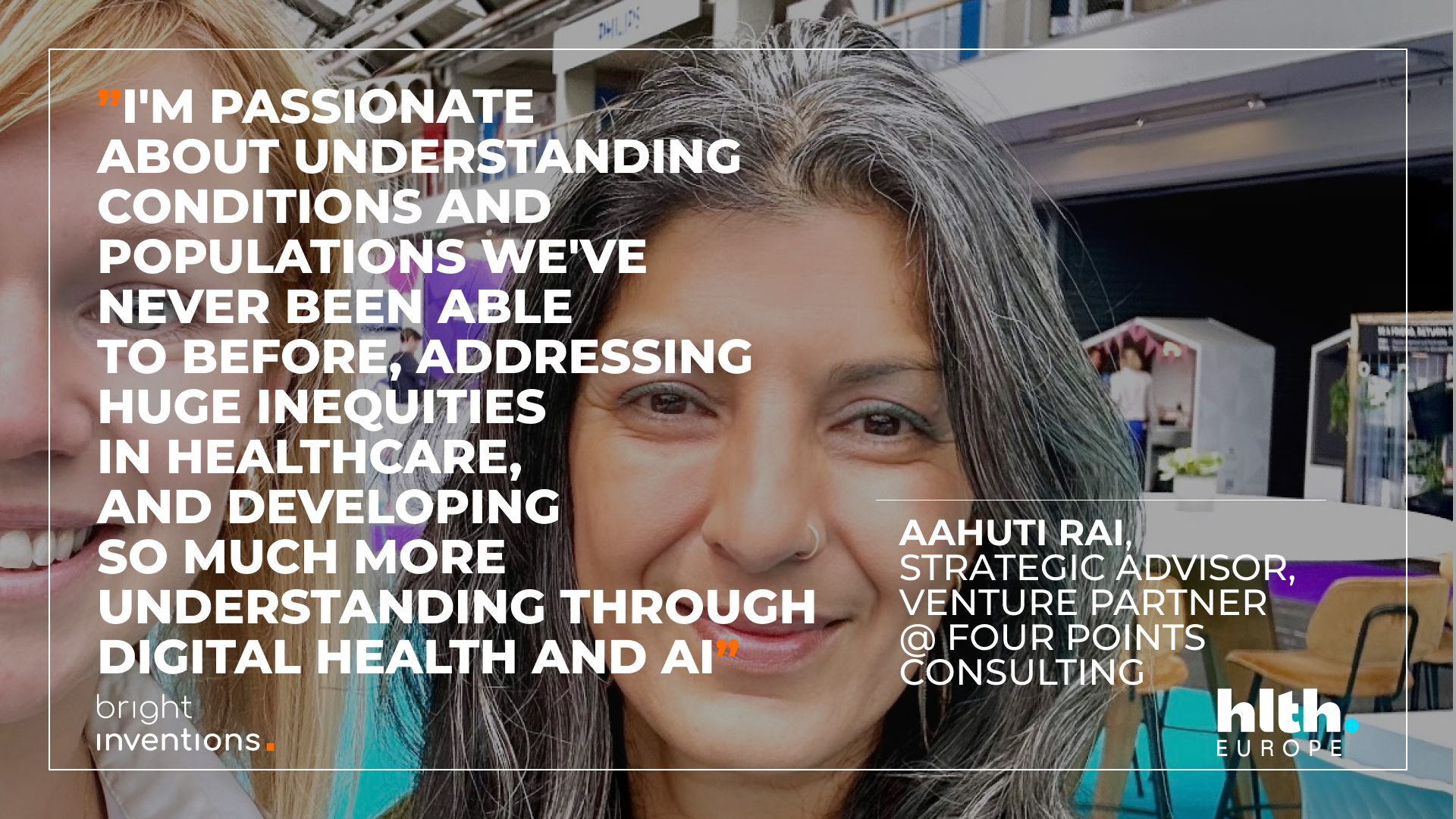Women’s Health Tech: Addressing Long-Ignored Needs
Do women need to be treated differently? This question is gaining attention. Despite years of striving for equal treatment, there's now a push to tailor approaches to women's specific needs. This isn't about preferential treatment, but empowering women to take charge of their own health.
Studies show that women often downplay their symptoms and delay seeking medical care due to cultural and psychological factors. They prioritize their family's health over their own and face competing responsibilities like childcare and work. Many normalize symptoms related to menstruation, menopause, or mental health as a normal part of life rather than potential health issues. Additionally, stigma, embarrassment, and the belief that they should manage these issues independently further discourage them from seeking care.

Furthermore, research shows significant differences in how male and female bodies respond to exercise, medical treatments, and supplements. Historically taboo topics like menopause, menstruation, and the postpartum period are crucial aspects of women's lives, yet they have been overlooked for too long.
Thankfully, many initiatives are now focusing on women's health. This year’s HLTH Europe Conference in Amsterdam gave a special place for womens health related topics, localising the stage dedicated to female health related topics in the center of the conference area and naming it “Heart” stage. There were presented innovations like Discovering Hands, which empowers blind women while aiding in breast cancer detection, and Flo Health, which helps women understand their bodies better, are making significant impacts. The organizers of the conference didn’t miss tough topics like rape and sexual harrasement prevention.

Many organizations today focus on women's health, including:
- World Health Organization (WHO): Promotes global women's health, addressing reproductive health and gender-based violence.
- Planned Parenthood: Provides reproductive health care and education in the U.S. and worldwide.
- National Women's Health Network (NWHN): Advocates for women's health policy and provides reliable health information.
- Society for Women's Health Research (SWHR): Improves women's health through research, advocacy, and education.
- FemTech Focus: Advances global women's health through technology and startups.
Things to consider while developing a FemTech product
1. Importance of accurate medical information
Accurate medical information is crucial in women's health, particularly when developing software products aimed at this demographic. Given the unique health challenges and conditions specific to women, such as menopause, reproductive health, and pregnancy, it's vital that the information provided through these platforms is precise, well-researched, and validated. This ensures that women can make informed decisions about their health and receive appropriate care and support. Inaccuracies or generalizations can lead to misdiagnosis, inadequate treatment, and increased anxiety among users, emphasizing the need for stringent accuracy in health-related software.

2. Addressing taboo topics like menopause and reproductive health
For years, discussions around these important life stages were avoided, yet they significantly impact women's health. Today, health tech is breaking these barriers by offering tools and platforms like Flo, Clue, Maven Clinic, Peppy Health, Kindbody that empower women to manage their health proactively. These innovations provide accurate, personalized information and support, helping women make informed decisions about menopause, menstruation, and reproductive health without the constraints of past stigmas.
This shift not only promotes better health outcomes but also fosters a more inclusive dialogue about women's health needs.
explore more guidelines for HealthTech startup owners

3. Patient engagement
Patient engagement is key in FemTech applications, where consistent interaction is naturally supported by the cyclical nature of women's health issues like menstruation and menopause. To meet the specific needs of women, especially during significant life stages such as pregnancy and postpartum, FemTech apps must offer highly personalized experiences.
Detailed onboarding processes can enhance this personalization, making users feel their unique health journeys are genuinely understood and catered to (check out a story of a possible failure in an onboarding process in FemTech app). Moreover, building trust is essential, as women input sensitive and intimate data into these apps.
FemTech wearables also play a critical role, offering daily support through devices that monitor menstrual cycles, fertility, and other health parameters. These devices not only foster daily interaction but also empower women to manage their health proactively, ensuring they receive the most accurate and relevant health information.

As we continue to advance in the field of women's health tech, it's clear that the focus on developing solutions tailored to the unique needs of women is not just a necessity but a priority. By addressing long-ignored needs and breaking down taboos around topics like menopause and reproductive health, we pave the way for more inclusive and effective healthcare.
The efforts of various organizations and innovations in this space promise a future where women's health issues are no longer sidelined but are addressed with the attention and care they deserve.
